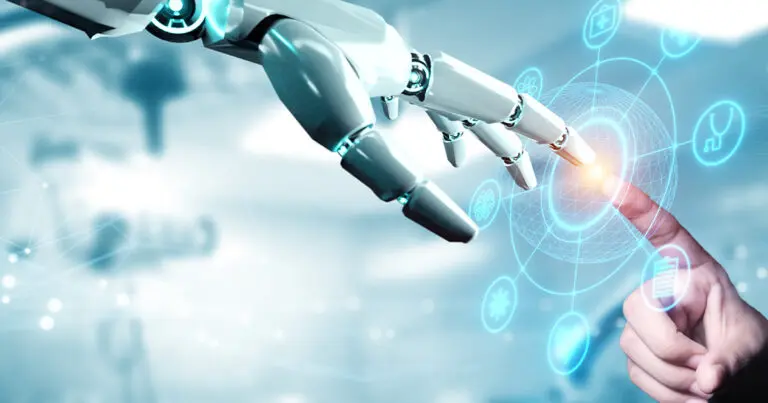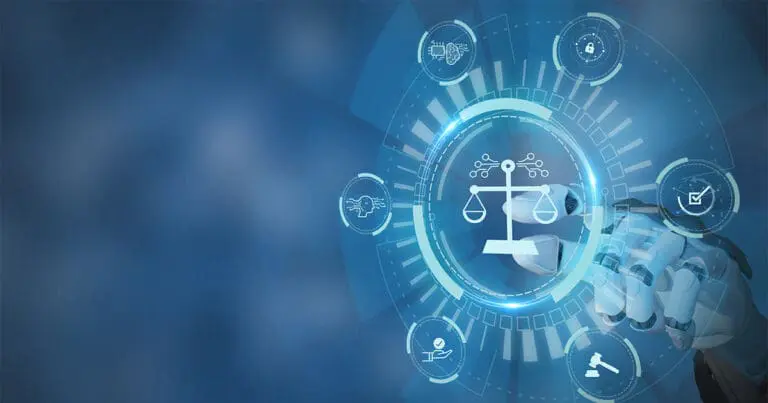AI Research Assistants: OpenAI’s Latest Ambition for 2028

OpenAI says it’s building an AI capable of functioning like a “legitimate researcher” by 2028.
Ambitious? Absolutely. But if they’re right, it could change what “work” means for millions.
As OpenAI transitions into a public benefit corporation and ramps up compute infrastructure, its next-gen systems could outpace human researchers in speed and accuracy, bringing both opportunity and uncertainty to employers and the workforce.
What is an AI Research Assistant?
An AI Research Assistant is a digital collaborator tool designed to support and eventually lead end-to-end academic research workflows.
These assistants leverage large language models, semantic search, Retrieval Augmented Generation, and AI tools to conduct literature searches, draft research briefs, identify research gaps, and even help design research proposals.
Their capabilities go beyond typical AI assistant functions; in theory, they will be able to parse full text from research papers, extract data, and summarize findings with the support of text summarizers and citation suggestions.
A New Phase of AI Researcher Evolution
In a recent announcement, OpenAI shared its roadmap to launch an “intern-level AI Researcher” by 2026 and a fully autonomous AI Research Assistant by 2028.
The company’s aim is to create systems capable of independently generating hypotheses, conducting source analysis, and designing systematic reviews and even clinical trials.
This move from automation of tasks to automation of thinking marks a profound leap in how AI integrates into R&D.
For the first time, employers may need to treat machines not just as helpers but as co-creators of intellectual work, altering how we define research expertise.
Potential Impacts of AI Research Assistants on Hiring
Potential impacts of AI research assistants on hiring include the rise of AI-enhanced roles, accelerated demand for infrastructure talent, the evolution of R&D departments, and workforce reprioritization.
1. The Rise of AI-Enhanced Roles
New hybrid roles like “AI Collaboration Specialist” and “Human-AI Project Manager” will play a central role in guiding research processes enhanced by AI-driven literature search, plagiarism checker tools, and relevance ranking algorithms.
Professionals who understand how to manage citation support, interpret journal names, and validate body text will be essential for maintaining accuracy and integrity in human-AI research partnerships.
As AI takes on more technical tasks, skills like critical thinking, ethical review, and model oversight will become even more valuable — areas where human judgment still leads.
2. Accelerated Demand for Infrastructure Talent
OpenAI’s infrastructure ambitions mean an explosion in demand for roles in both physical and cloud environments.
AI researcher jobs won’t exist in a vacuum — they’ll rely on robust compute systems, which drives need for AI hiring strategy aligned with engineers, data architects, and power systems specialists.
Job seekers with skills in managing research workflows and integrating scientific literature across platforms will be in high demand.
3. The Evolution of R&D Departments
Traditional research departments will evolve into smaller teams where humans serve more as strategic directors than data crunchers.
AI will take on routine data extraction, automated citation trails, and literature review generation, freeing humans to focus on complex interdisciplinary challenges.
Roles will emerge for professionals who can translate business needs into structured research articles and machine-readable inputs.
4. The Great Workforce Reprioritization
The ability of AI to perform routine cognitive tasks — from experiment setup to writing research proposals — will push employers to rethink human job value.
Hiring will prioritize roles involving ethics, innovation, oversight, and systems thinking.
Those with expertise in guiding AI systems to provide accurate, context-aware, academic publishing outputs will see growing demand.
What It Could Mean for Employers Right Now
The evolution of AI research assistants could mean that employers must focus on upskilling, embedding, governing, and humanizing their staff and AI efforts.
Upskilling
In the near term (2025–2026), forward-thinking companies will begin upskilling their teams in AI tools, prompt engineering, and AI system auditing.
Embedding
Embedding AI literacy across departments ensures employees are prepared to guide and oversee tools like AI essay writers, text summarizers, and AI academic writing tools.
Governing
By the mid-term (2027–2028), employers should expect a growing need for AI infrastructure specialists and professionals trained in ethical governance of agentic AI systems.
Humanizing
Over the long term, winning organizations will blend human creativity with machine scalability — optimizing not just speed, but also the user experience of innovation.
What It Could Mean for Job Seekers
In the age of AI research assistants, job seekers could face emerging roles, honing their soft skills, human-AI collaboration, and demand for niche academic skills.
Emerging Roles
Emerging career paths will include “AI Research Partner,” “AI Model Reviewer,” and “Data Center Innovation Lead.”
Honing Soft Skills
Soft skills like adaptability, cross-disciplinary thinking, and ethical judgment will become just as important as technical acumen.
Human-AI Collaboration
Tech professionals will need to master how to design systematic reviews, validate citation suggestions, and interpret relevance ranking outputs — moving beyond just code to AI-human collaboration.
Niche Academic Skills
Familiarity with scientific literature, academic publishing, and even plagiarism checker systems will be essential for staying competitive.
AI Hiring Questions For Employers To Ask Themselves
- Which roles in our organization could AI begin to augment or replace within 3 years?
- How can we integrate AI collaboration training into our hiring and onboarding?
- What internal policies are in place for ethical AI use and oversight?
- Do we have leadership ready to manage human-AI teams?
These questions are a crucial starting point — but answering them in isolation isn’t enough.
As generative AI rapidly reshapes research and work, a full AI audit is the most effective way to assess organizational readiness, identify risks, and define strategic priorities.
Preparing for the Next Era of Innovation
AI may soon outpace humans in specific intellectual tasks, such as conducting systematic reviews, organizing citation trails, or managing a complex literature review.
But this doesn’t make the human role obsolete — it makes it more valuable.
The organizations that thrive will be those that pair machine efficiency with human intuition, ethical judgment, and creative reasoning.
Looking to hire top-tier Tech, Digital Marketing, or Creative Talent? We can help.
Every year, Mondo helps to fill thousands of open positions nationwide.
More Reading…
- 8 Ways to Know if Your Software Has a Positive ROI
- Amazon’s 30,000-Job Corporate Layoff: A Sign of the Times?
- Work-Life Balance Is Evolving: What It Will Look Like in 2026 and Beyond
- What Is “Job Hugging” and How It’s Changing Today’s Hiring Landscape
- Your Team Is Your Daily Environment—Create a Healthy One
- Hiring for Creative Thinking in a World Obsessed with Metrics
- Hiring Developers Who Actually Understand the Business
- Myths About AI Talent That Might Be Sabotaging Your Hiring
- Hiring Talent That Impacts the Bottom Line: Looking Beyond Résumés
- Interviewing 101: Why Lazy Questions = Bad Hires



